Meet the sea & dive against debris event at Ayia Napa Harbour
It is well known that marine litter is one of the biggest global threats to the health of the world’s coastal areas, oceans and fresh water with adverse consequences on our well-being and health. According to the IUCN (2018), the most obvious impact of marine litter and especially of marine plastics is the ingestion, suffocation and entanglement of hundreds of marine species. Many marine species mistake plastics for prey and that can lead to starvation.
A less visible impact is the slow rate of degradation of plastic litter, that can release chemical, toxic contaminants and smaller pieces of plastic (pieces less than five millimetres long) known as microplastics. When marine organisms ingest plastic debris, these chemicals and toxic contaminants enter their system and overtime enter in the food web. Therefore, these substances can be transferred to humans through consumption of seafood, and this process is identified a health hazard. In addition, marine litter contributes to global warming, degrade and damage the environment and can cause economic loss to fishing and tourism industry.
The Mediterranean Sea is one of the most polluted seas worldwide, especially with regards to plastics. Based on a research across 22 beaches, in seven countries in Mediterranean, the top 5 items of the total marine litter items recorded in all surveys were:
- plastic pieces between 2.5 cm and 50 cm long (16.3% of the total items recorded)
- polystyrene pieces between 2.5 cm and 50 cm long (5.6%)
- mussel & oyster nets (5.0%)
- unidentified plastic caps/lids (5.0%.)
- other identifiable plastic/polystyrene items (e.g., plastic drink bottles) (4.9%)
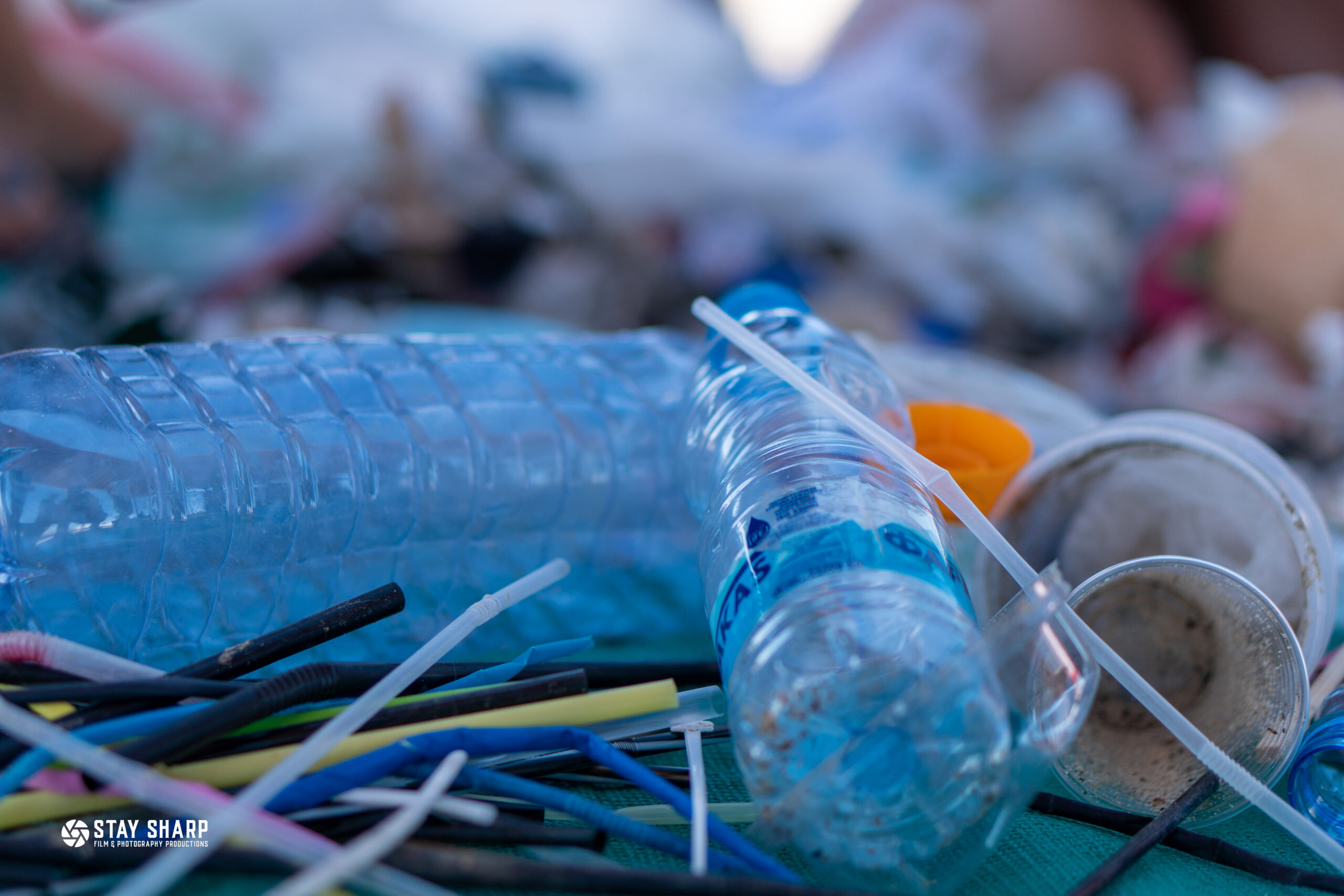
Under the framework of the European bio-communal project MarLitCy “Marine Litter for Synergies, Capacity-building and Peacebuilding” funded by the EU through the Civil Society in Action Call, Enalia Physis Environmental Research Centre and AKTI organized and implemented the “Meet the sea event & Dive against Debris events” event on Saturday, 9th October 2021.
A beach clean-up at Limanaki beach, Ayia Napa (distance 1km) and a sea-bed clean up at the touristic diving spot “Canyon” at Cape Greco were implemented. In total, 38 volunteers of which 20 were divers, participated in the event alongside with Enalia Physis’s and AKTI’s teams they remove 27.5kg of marine litter in two hours.
It is remarkable to mention that about a fifth (5.5 kg) of marine litter collected were cigarette butts. The majority of the litter was constituted of plastics and especially micro-plastics and single use plastics such as plastic bottles, caps and straws. It was expected not to find big in size or heavy litters because the chosen sites are touristic destinations. The 27.5kg may not sounds as a big of a deal but if you consider that most of the litter were cigarette butts, straws, empty water bottles and bottle caps that weight very little you can image the amount items that were collected in terms of numbers.
The aim of this activity was to raise awareness on the issue of marine litter and get everyone involved in cleaning our coasts and seas.
We would like to thank Ayia Napa Municipality, Kimon Diving Academy, for their support and a big thank you to Pick it Up group, CiPen, Verginas Highschool and all the rest volunteers for their help.
.
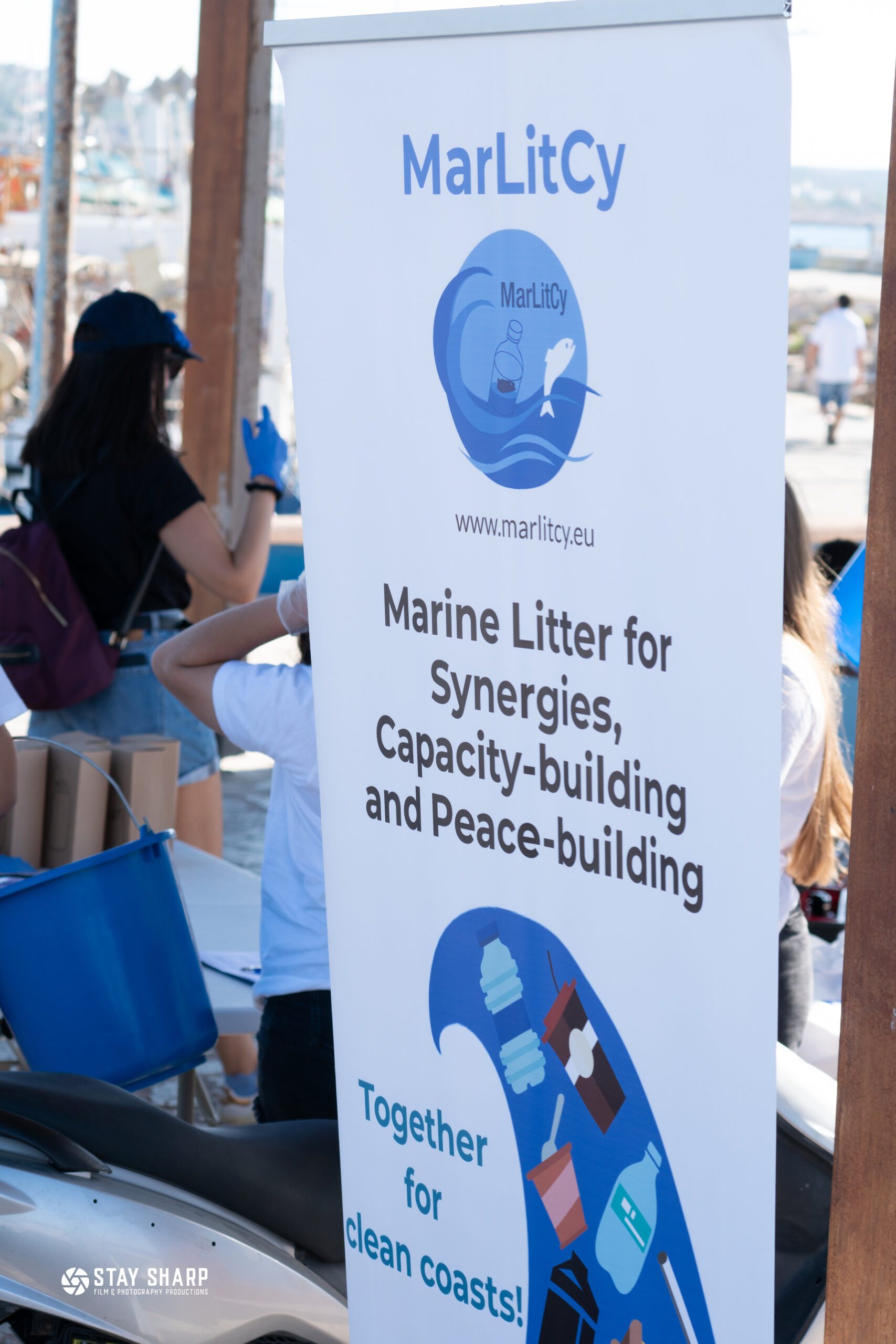
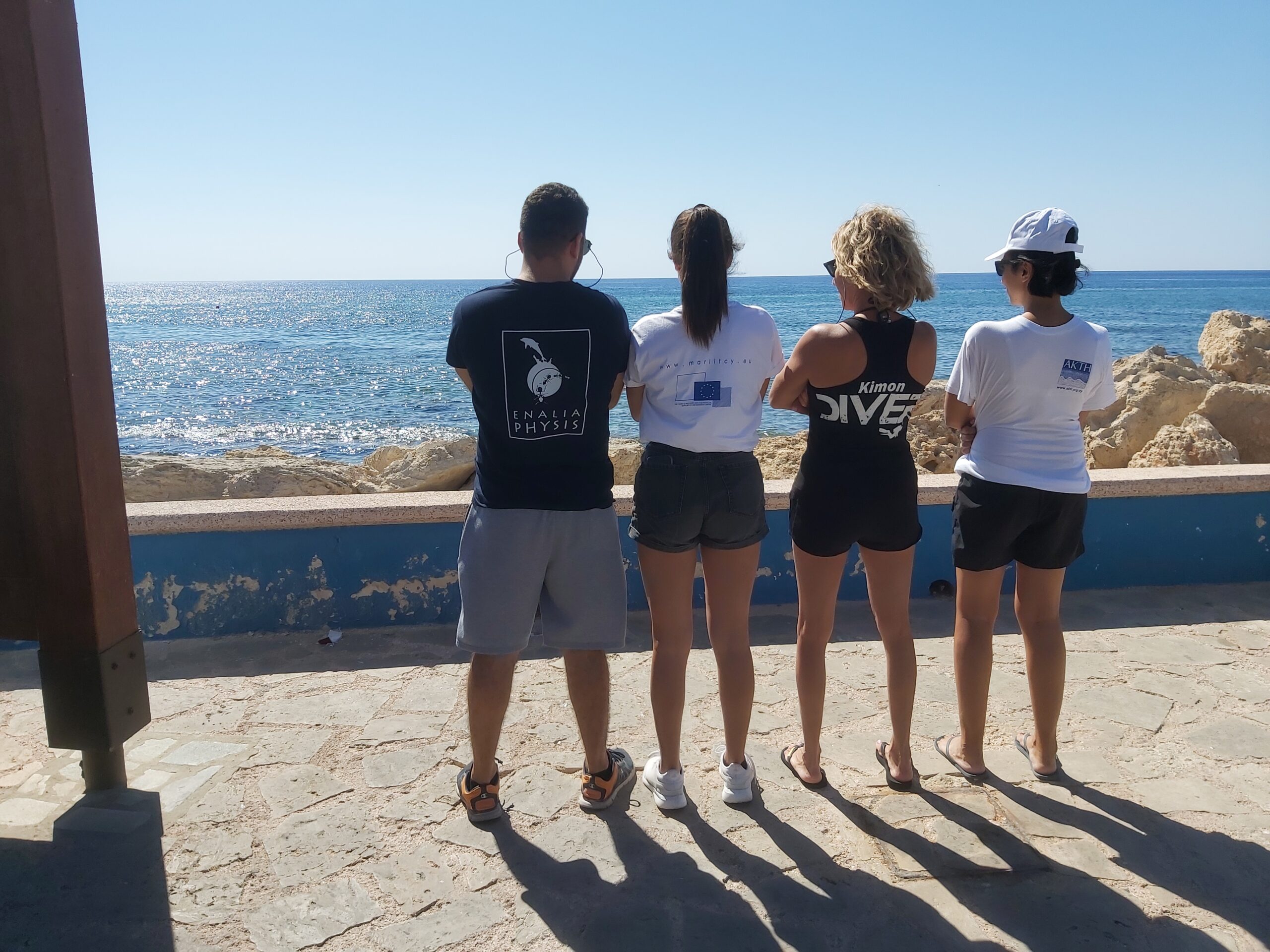
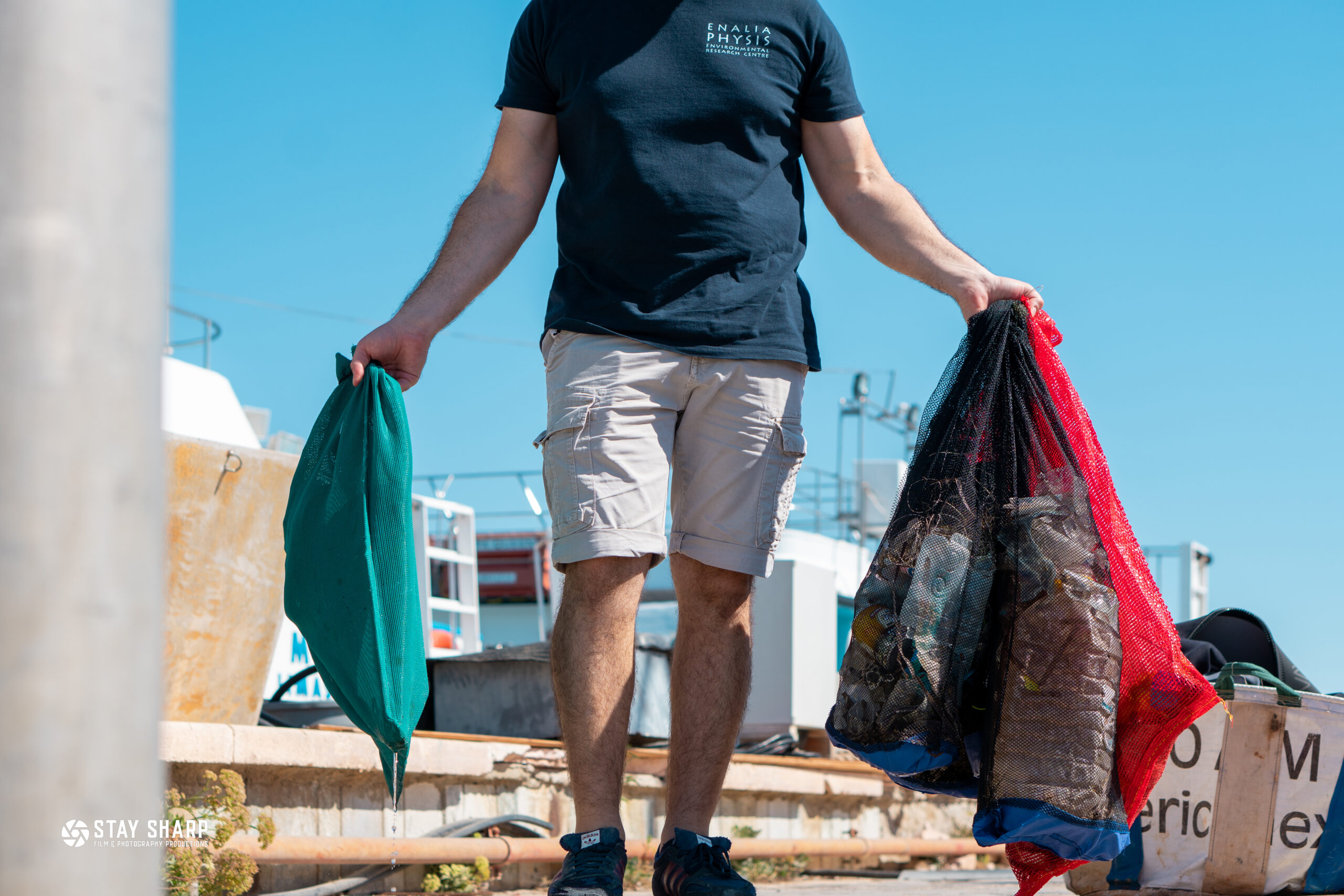
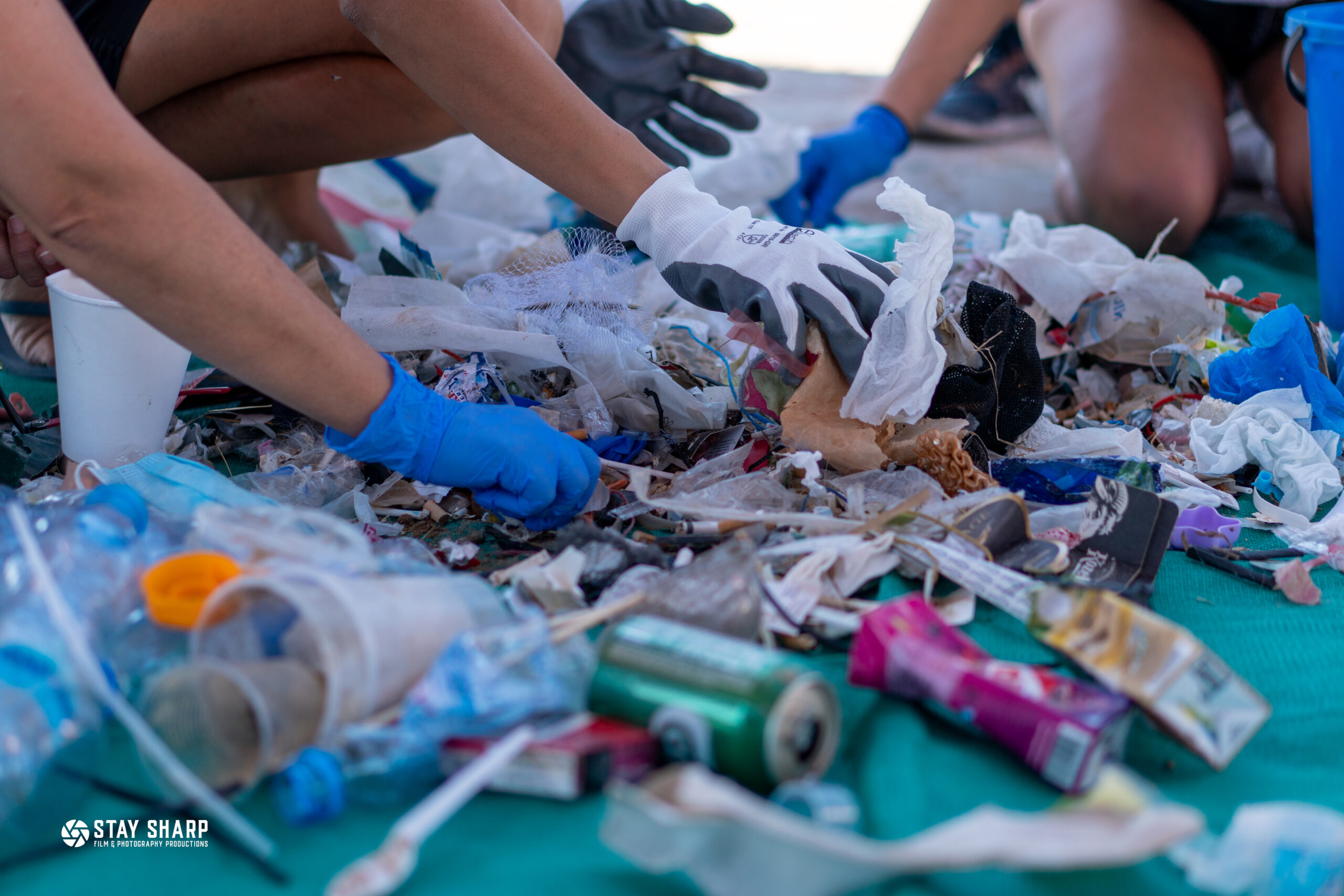
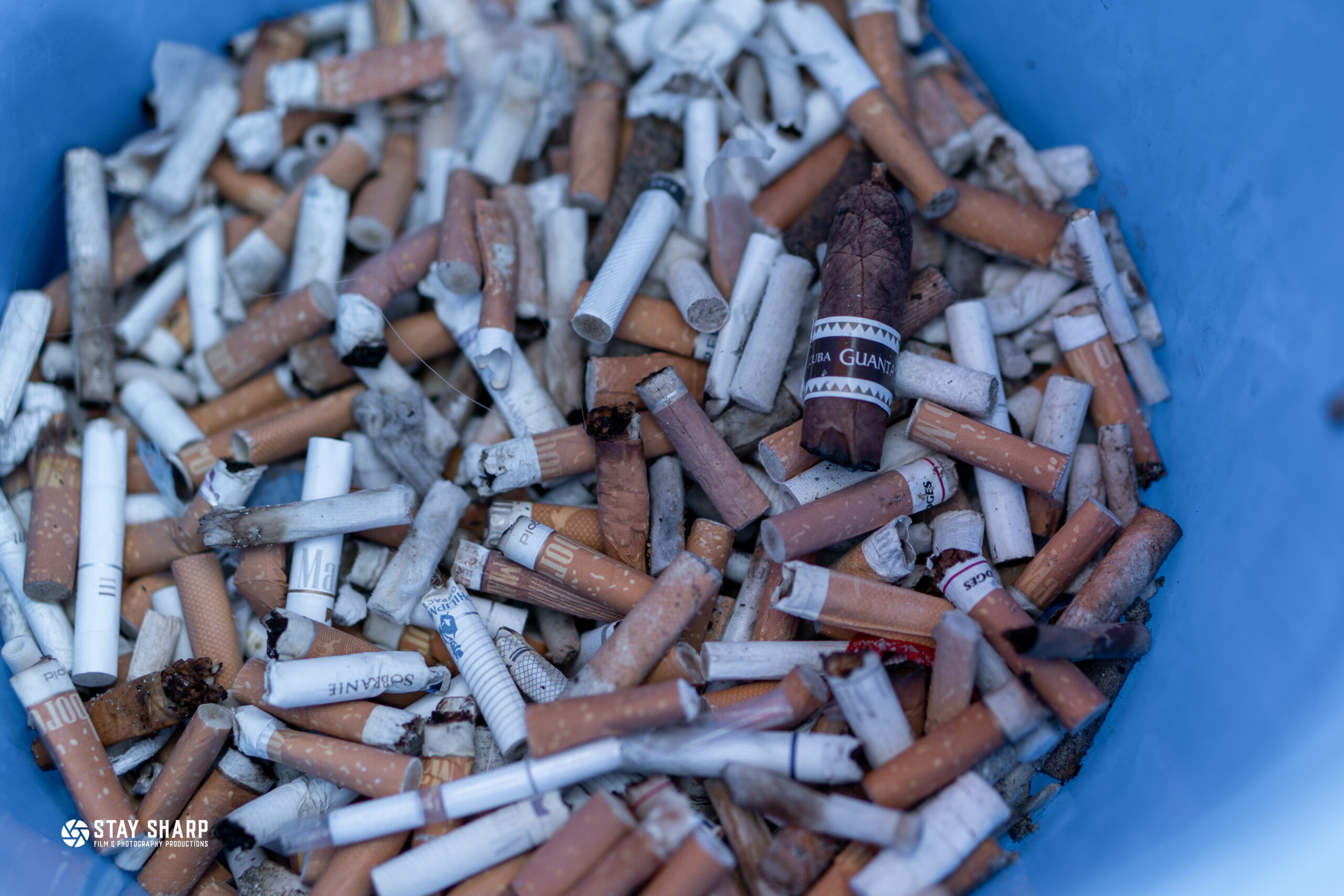
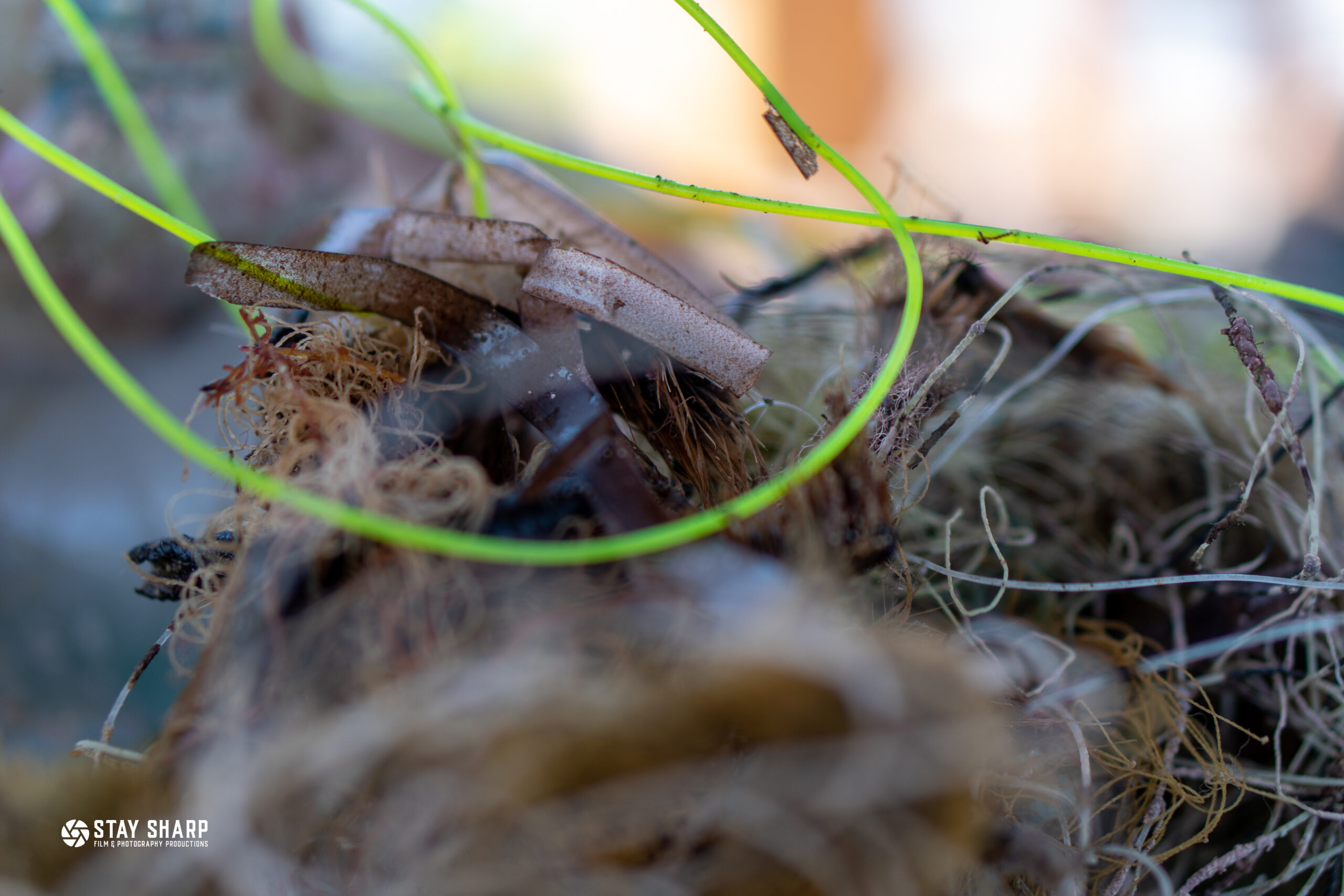
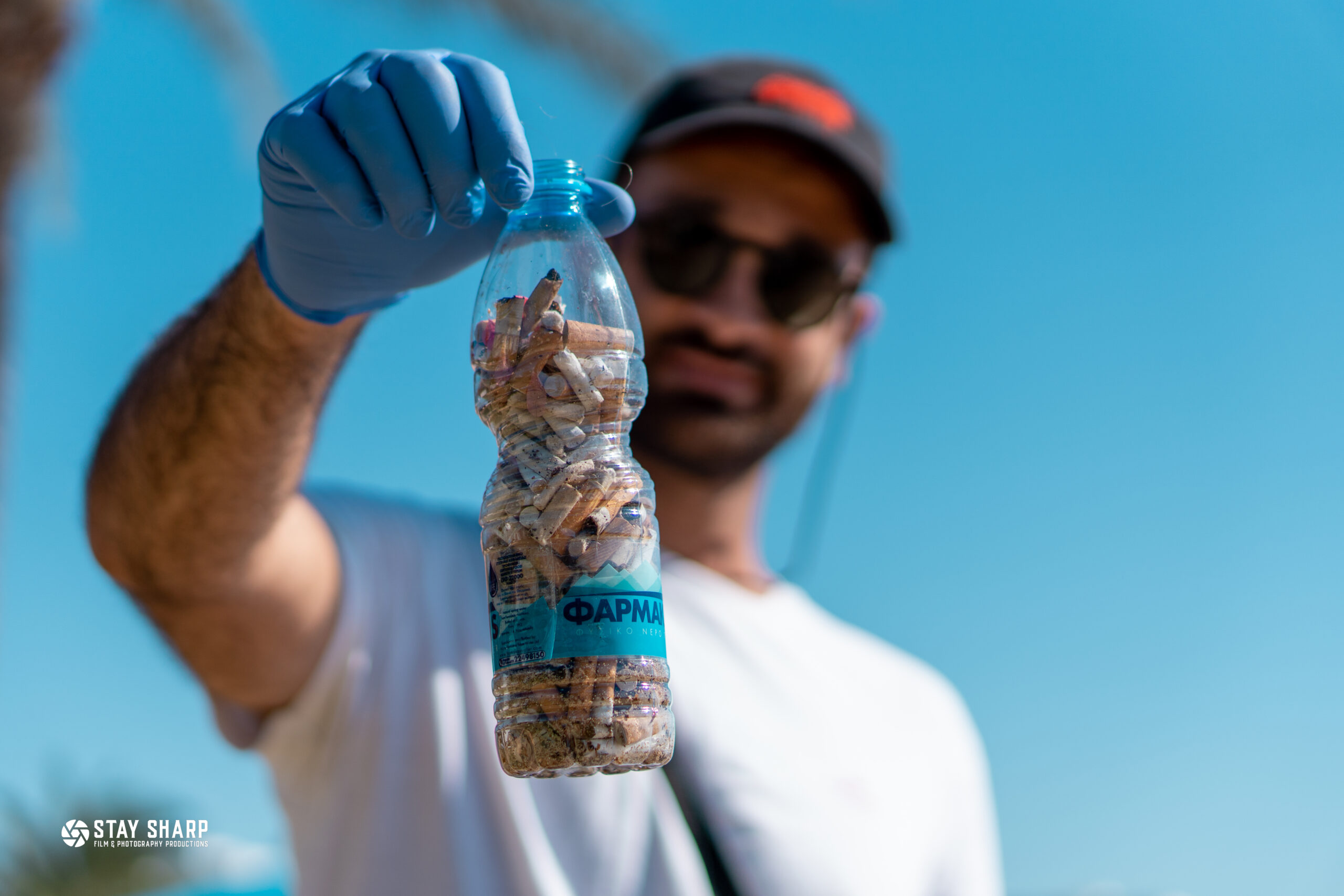
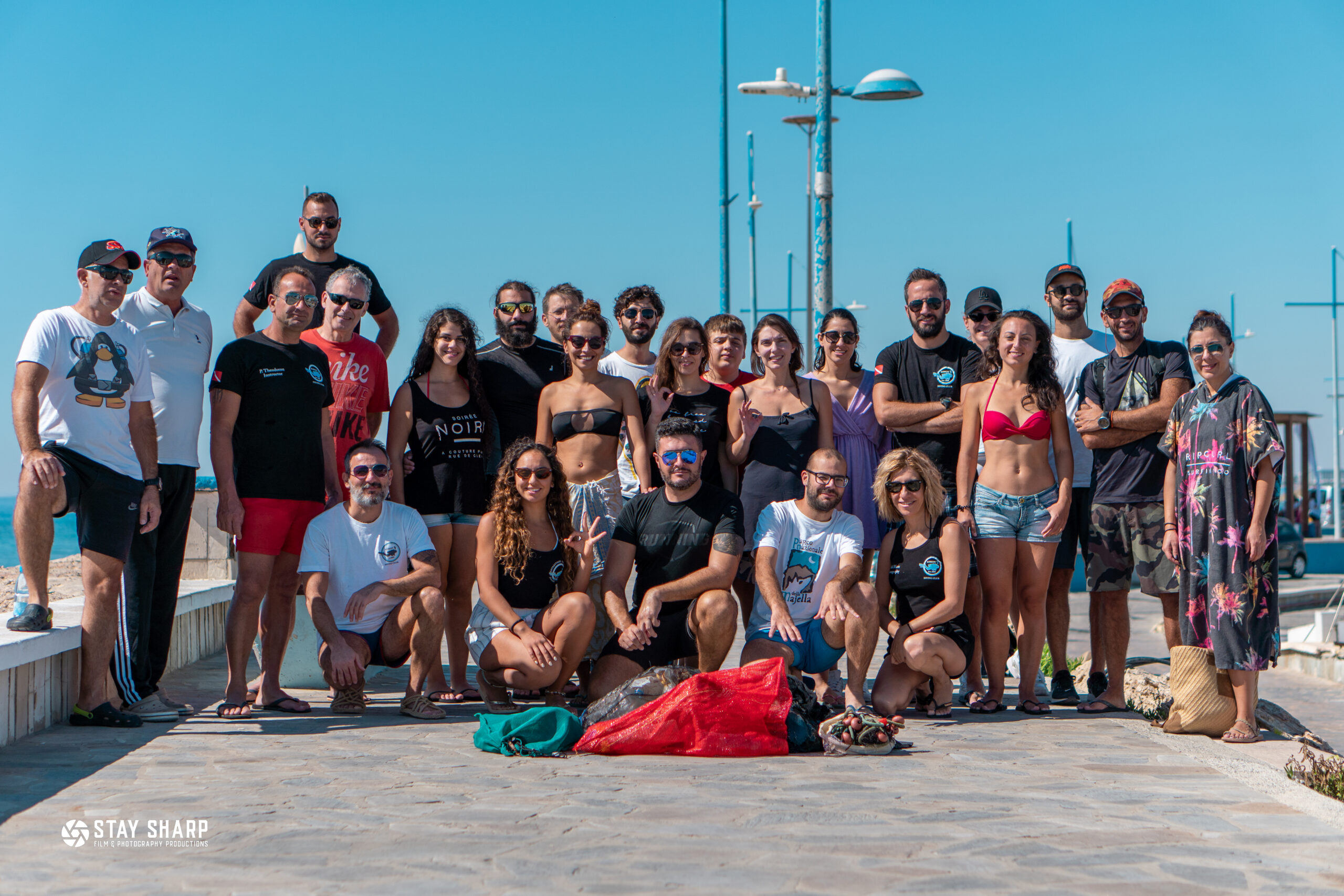

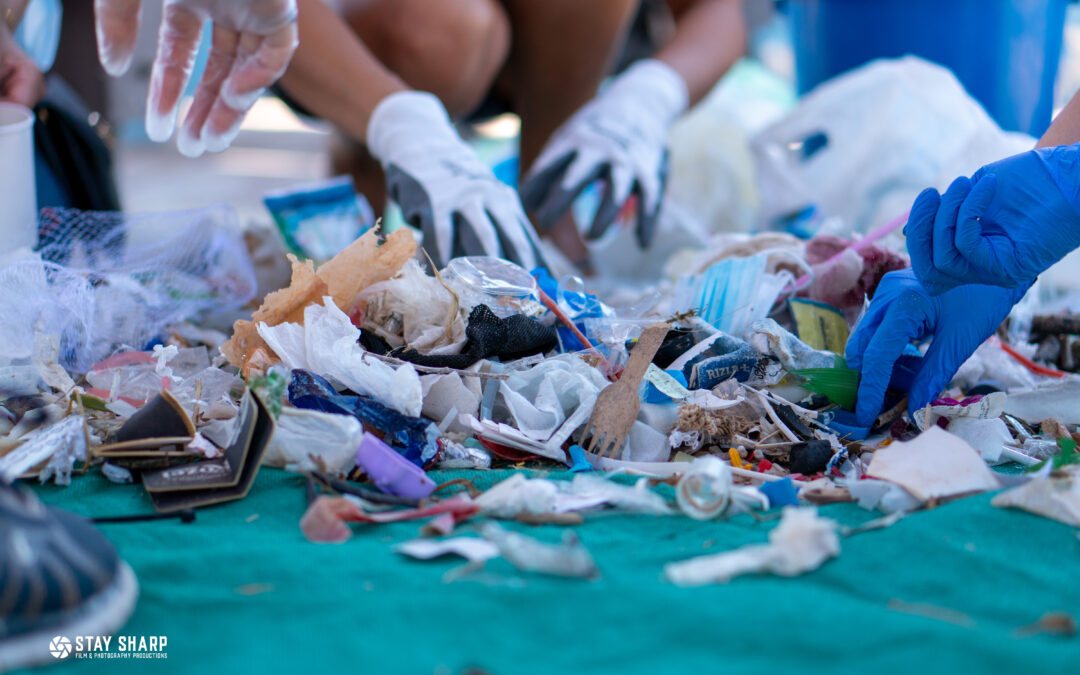
Recent Comments